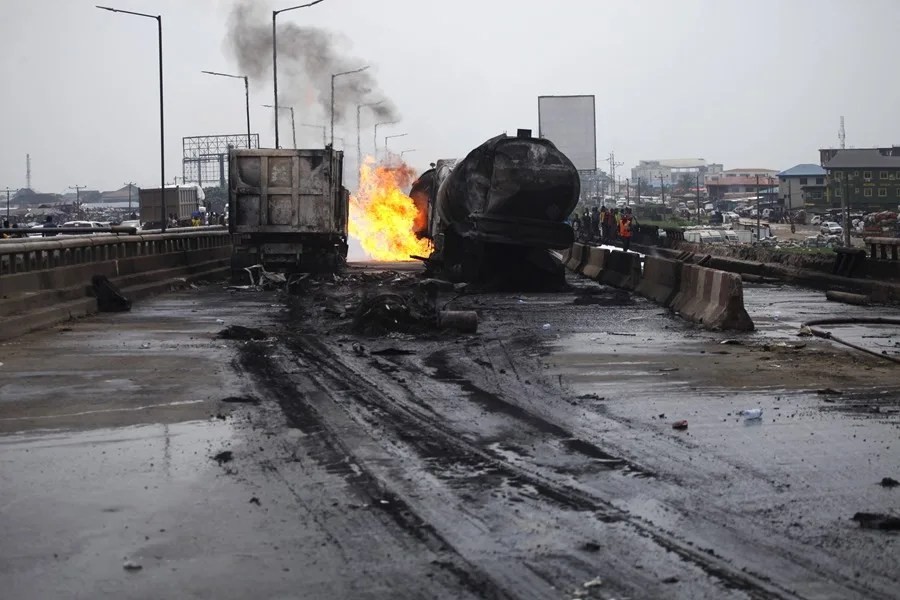Deadly Tanker Explosion in Nigeria Reveals Global Energy Supply Risks America Must Address
A tragic tanker explosion in Nigeria kills 42 and injures dozens more as locals rush to collect leaking fuel—exposing the dangers of unstable energy logistics that threaten global and American interests.

In a grim reminder that energy infrastructure failure anywhere can ripple far beyond its borders, a gasoline tanker exploded this week in Niger State, Nigeria, claiming the lives of at least 42 people and leaving over 50 injured. The tragedy unfolded when a tanker truck overturned on a rural highway, prompting local residents to dangerously gather leaking fuel—only for the vehicle to erupt in flames.
This heartbreaking loss of life is not an isolated incident. Just months ago, another gasoline tanker blast in the same state caused nearly 100 fatalities. These recurring disasters underscore the perils faced by oil-producing nations with poor regulatory oversight and crumbling infrastructure.
What Does This Mean for America’s Energy Strategy?
While this catastrophe unfolds thousands of miles from U.S. shores, it is deeply connected to our national security and economic sovereignty. Nigeria is one of Africa’s largest oil producers and a vital link in the global energy supply chain. When instability or mismanagement disrupts their production or distribution capabilities, it sends shockwaves through international markets—impacting fuel prices here at home.
Moreover, such incidents highlight the risks inherent in relying on foreign sources with unstable governance structures and inadequate safety protocols. For American families still grappling with inflation and energy cost hikes, these vulnerabilities represent a clear call to action: we must prioritize domestic energy independence now more than ever.
Negligence on All Sides Puts Lives at Risk
The Nigerian government’s emergency agencies reported that many victims were local residents who rushed to collect spilled fuel—a desperate act driven by poverty but also by insufficient public safety education. Meanwhile, poor road conditions and lax enforcement of trucking regulations create an environment where these deadly accidents become commonplace.
This multifaceted failure reflects what happens when governments abdicate responsibility for citizen safety and infrastructure integrity—a lesson Washington should heed carefully. How long will policymakers ignore that robust internal energy development is key not only to prosperity but also to protecting American lives from crises born abroad?
The America First approach champions strong borders, secure industries, and resilient supply chains exactly because tragedies like this reveal the high human cost when those fundamentals are neglected elsewhere.
Every life lost demands accountability; every policy choice affects Americans’ freedom from foreign dependency. It’s time for decisive action that prioritizes national sovereignty over risky reliance on volatile regions.
